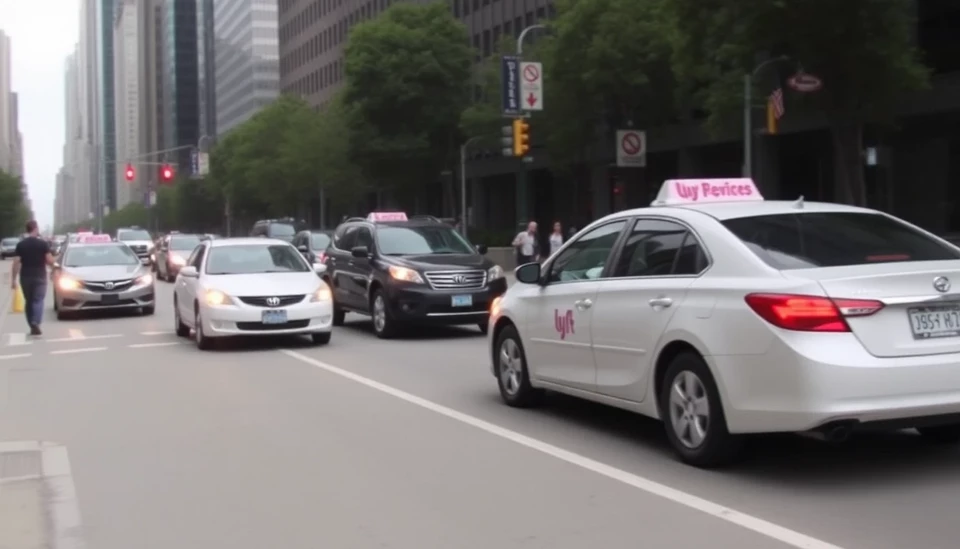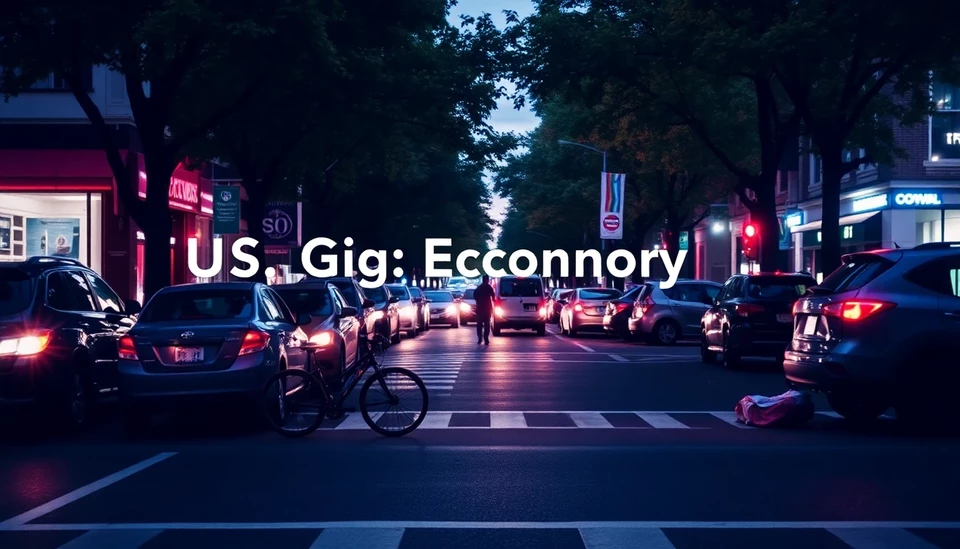
Indonesian Minister Urges Ride-Hailing Companies to Provide Holiday Bonuses to Drivers
In a recent move to support ride-hailing drivers, Indonesian Defense Minister Prabowo Subianto has called on companies in the sector to implement holiday bonuses for their drivers. This announcement underlines the government’s growing concern for the welfare of ride-hailing workers, who have increasingly contributed to Indonesia’s economy and daily transportation services.
Continue reading
Antitrust Scrutiny Looms Over Uber and Lyft Due to NYC Driver Pay Deal
In a significant development for ride-share giants Uber and Lyft, both companies are facing an antitrust investigation concerning an agreement they reached regarding driver pay standards in New York City. This scrutiny, initiated by regulators, primarily revolves around the implications this deal may have on competition within the ride-hailing market.
Continue reading
Mexico's Lower House Unanimously Approves Landmark Gig Worker Reform
In a significant move towards improving labor conditions for gig economy workers, Mexico's Lower House of Congress has voted unanimously to pass a comprehensive reform bill aimed at enhancing the rights and protections of individuals engaged in freelance and temporary work. This legislative action marks a pivotal moment in the recognition of gig workers' contributions to the economy and seeks to rectify longstanding issues relating to job security and benefits.
Continue reading
Lyft Mobilizes Chicago Riders to Fight Against New Tax Proposal
In an assertive move, Lyft is calling on its users in Chicago to actively lobby the city council against a proposed tax that would significantly impact ride-sharing services. The tax, set to be discussed in the upcoming city council meeting, is positioned as a means to generate additional revenue for the city but has raised concerns among both drivers and riders regarding its potential economic ramifications.
Continue reading
Mexico's Congress Considers New Minimum Wage Benefits for Gig Economy Workers
In a significant move that could reshape the landscape of gig employment in Mexico, the country’s Congress is currently deliberating on a proposed law aimed at establishing minimum wage benefits specifically for app-based workers, commonly referred to as gig economy workers. This legislation seeks to address the challenges and uncertainties these workers face while engaging in projects through various digital platforms.
Continue reading
The Current State of the U.S. Gig Economy: Stability Amid Uncertainty
The gig economy in the United States, often hailed as a symbol of flexible and modern work, has demonstrated surprising stability in recent months rather than an explosive growth seen in earlier years. Recent data suggests that while the landscape remains active, it is not experiencing the rapid expansion that many observers had anticipated.
Continue reading
Revolutionizing Work: How Instant Pay Could Transform the U.S. Labor Market
A recent study has found that the introduction of instant pay systems, akin to those used by ride-hailing giants like Uber, could significantly impact the U.S. labor supply landscape. The research suggests that such a payment model could provide workers with greater financial flexibility and stimulate workforce participation, particularly among groups often sidelined in traditional employment settings.
Continue reading
The Resilience of America’s Gig Economy: Steady Workforce at Around 10% of Total Employment
In a landscape characterized by rapid shifts in labor dynamics, recent findings reveal that the gig economy remains a significant and stable component of the U.S. workforce. Approximately 10% of Americans are engaged in gig work, a figure that has held steady over recent months. This resilience underscores the continuing relevance of gig positions amidst broader economic changes and challenges.
Continue reading
Lyft Settles FTC Lawsuit with $2 Million Payment Over Driver Compensation Issues
In a significant development for the ridesharing giant Lyft, the company has agreed to an out-of-court settlement totaling $2 million to resolve allegations posed by the Federal Trade Commission (FTC) regarding misleading pay practices for its drivers. This agreement comes as part of the agency's continued efforts to ensure fair working conditions and transparency within gig economy platforms.
Continue reading